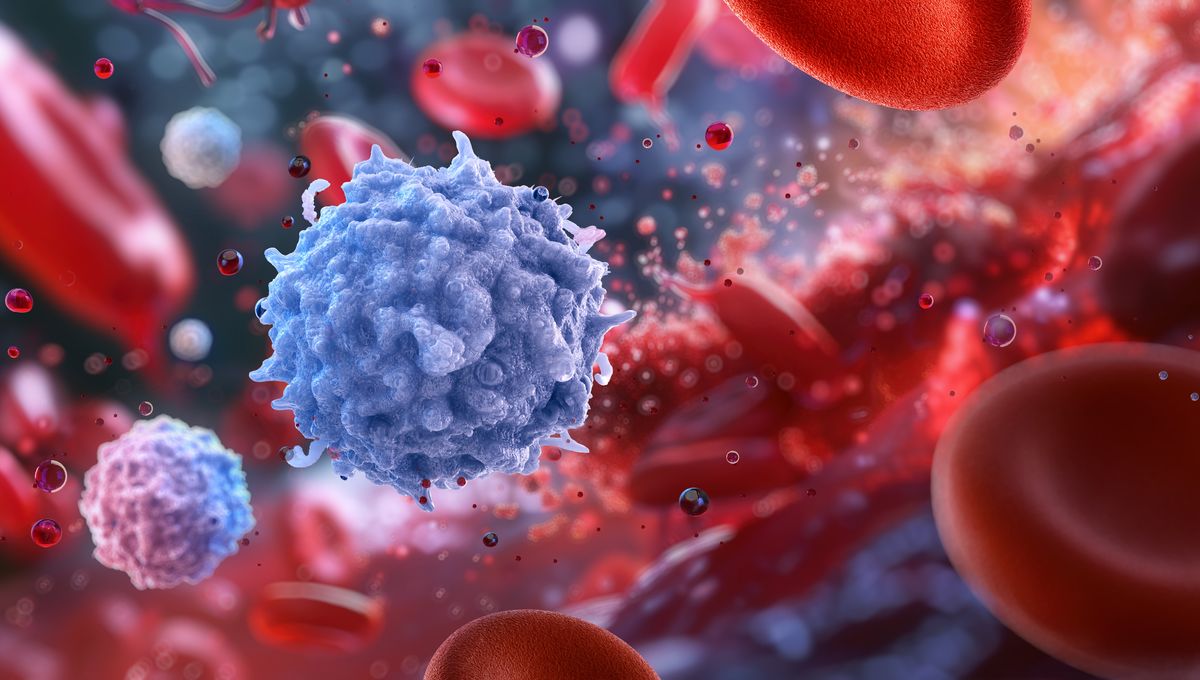
Without an immune system, we wouldn’t be here. It is the crucial way our bodies defend against microbes and parasites that aim to use our bodies for themselves. But there is still a lot we do not understand about it, and that includes possible sex differences in immune responses. New research suggests that these might be based on hormones rather than differences in chromosomes.
Cisgender women, women who continue to identify with the sex they were assigned at birth, usually produce more specific proteins during certain viral infections. This has been linked to the X chromosome. Cis women have two copies of that (although there are rare exceptions), so it would make sense that they can produce larger quantities of the associated proteins. Trans men, too, usually have an XX genetic profile, but if they are pursuing gender-affirming care, they are likely to have a different hormonal profile in their body.
Cis women have a lot more estrogen and lower androgens (such as testosterone), and vice versa for trans men. If the source of the difference was simply genetic, these two groups should still have a similar immune response. However, a new study showed that this is not the case, providing strong evidence that those hormones affect the immune system.
The work focused on 23 trans men. Their immune systems were checked at the beginning of their gender-affirming hormonal therapy, then at three months and 12 months later. All 23 of them had undergone puberty as the sex they were assigned at birth. The work showed that within three months, the trans men showed an immune profile similar to that of cisgender men.
The finding has profound implications for the health of both cis and trans individuals, as a better understanding can lead to better therapies. In general, for men, this might lead to ways to improve the immune system. In women, it might be a way to reduce the instance of autoimmune diseases.
And for people of all genders – because hormonal profiles are not two neatly separate boxes between the sexes, but often share some overlap – it could mean better health outcomes. Differential vaccine effectiveness, risks of death from infectious diseases, and more depend on a solid understanding of the immune system and how it changes.
This work is not the final word on the subject, but it is an important step forward. The team highlighted the small number of participants, which is a limitation in the study. More and wider follow-ups are needed, especially some including trans women, to see exactly how hormones are affecting the immune system.
The study is published in the journal Nature.
Source Link: Your Immune Response Might Be Tied To Your Hormones – Not Your Sex Chromosomes